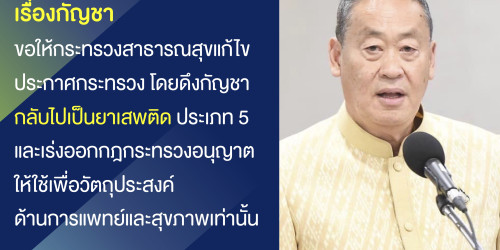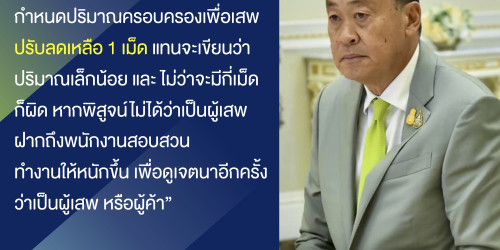Public burden of caring for seniors could triple in nine years, study shows The cost of healthcare for the elderly will more than triple over the next nine years because of ineffective and inappropriate public health services, adding to the country's financial burden, says new research.
However, an expert has identified community-based care as a key potential mechanism in looking after elderly people and reducing the financial burden for government.
To date, about 5.76 million elderly people have received treatment under the National Health Security Fund, and a further 1.35 million under the Civil Servant Medical Benefit Fund.
Meanwhile, the number of senior citizens who live alone has risen to about 700,000.
According to a recent report conducted by the Foundation of Thai Gerontology Research and Develop-ment Institute (TGRI), the number of elderly people receiving inpatient treatment under the three national healthcare schemes has drastically risen over the past few years.
Most were treated for blood-circulation, respiratory and gastrointestinal disorders, as well as infectious diseases, with bills varying between Bt5,000 and Bt70,000, the foundation reported.
Meanwhile, the Health Insurance Research Office estimates the cost of healthcare for the elderly under the three national schemes will rise by as much as 3.62 times by 2022, because of the rising cost of medicine and technology.
It also estimated that health expenditure will surge from 0.64 per cent of gross domestic product in 2010 to 1.1 per cent of GDP in 2022.
Under the current system, citizens have access to free medical services, with the government picking up all the bills for subscribers to national healthcare schemes.
"We need to think about how to handle the problem of rising healthcare costs, and what kind of care [the government] will provide to elderly people," said National Health Security Office secretary-general Dr Winai Swasdivorn.
In Japan, the government has set up a special healthcare fund for the elderly, under which seniors pay 10 per cent of their medical bills. They also get government-funded nursing homes.
However, after falling into recession for the past few years, Japan is now rethinking a healthcare system that is costing nearly Bt2 trillion per year - or about Bt137,559 each - for its 14 million elderly citizens aged 65 to 74.
Likewise, said Winai, if the Thai government wanted to continue shouldering the burden of the healthcare fund, it should either collect a premium from subscribers, increase their tax, or raise value-added tax.
"We need to study the kind of financial system we want in the future. However, I am not so sure any government will take the chance of collecting or demanding premiums from citizens to support the fund," he said.
To cushion the financial burden of providing healthcare for the elderly, Winai said the government should focus on community- and home-based medical services, rather than providing more expensive care at hospitals.
Source: The Nation 26 February 2013
- 2 views








